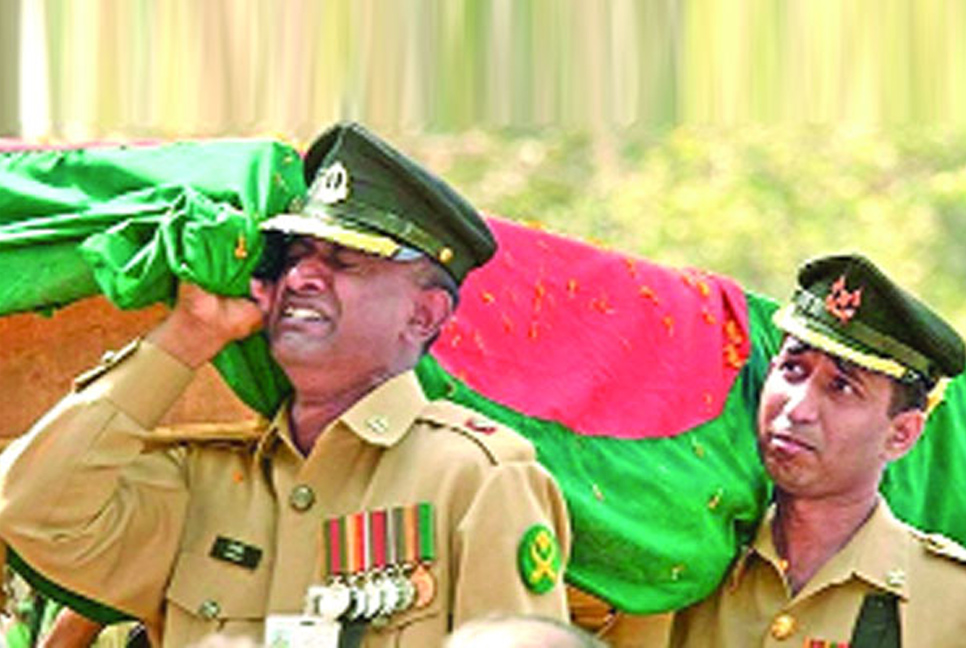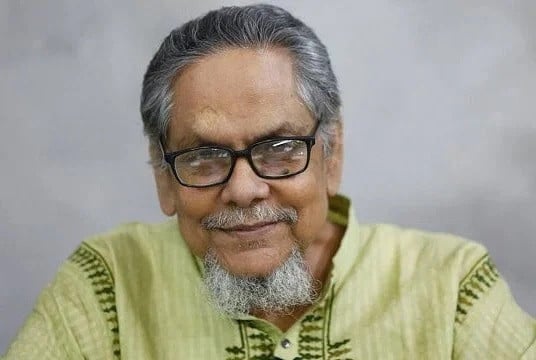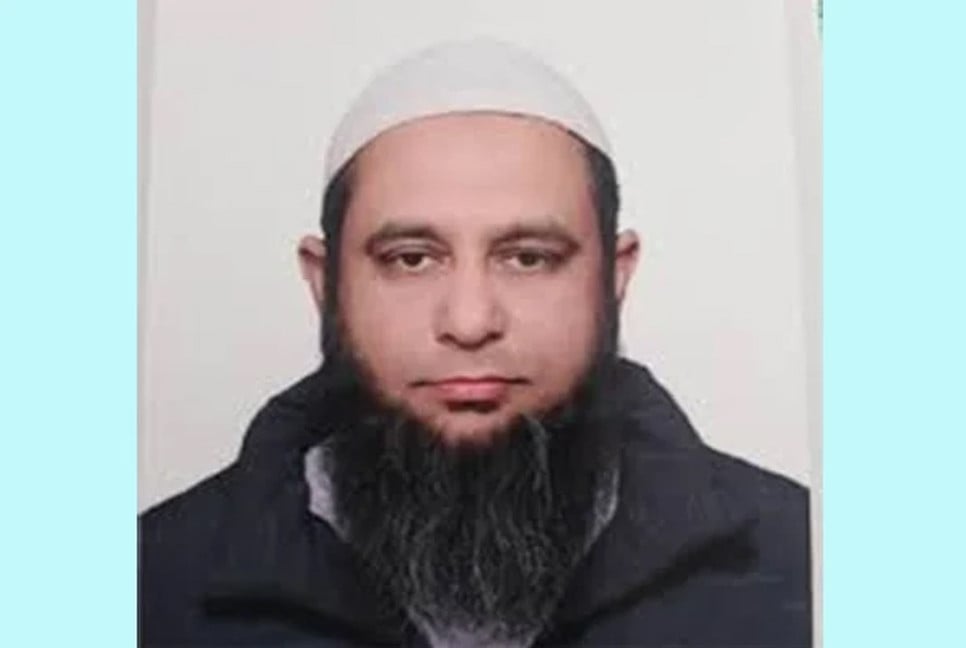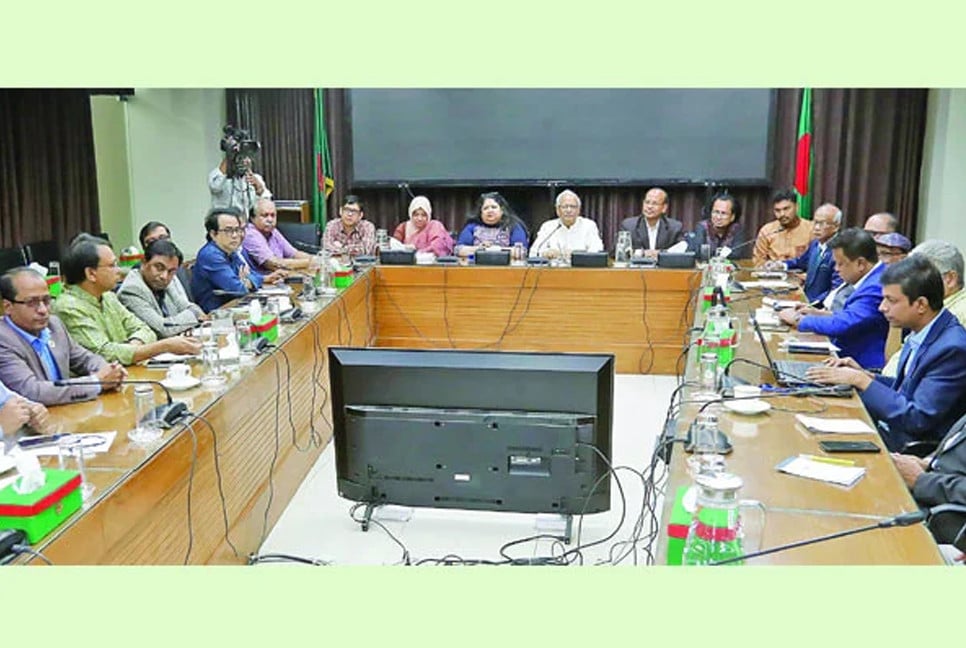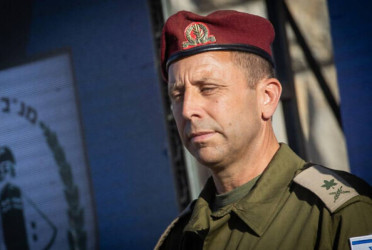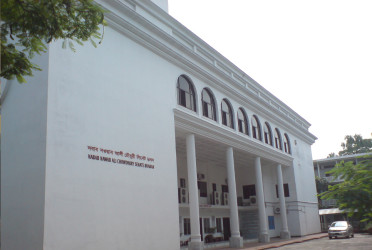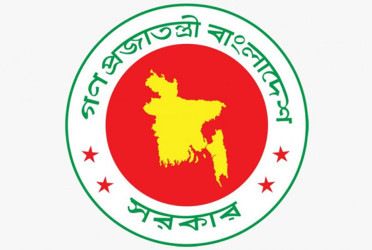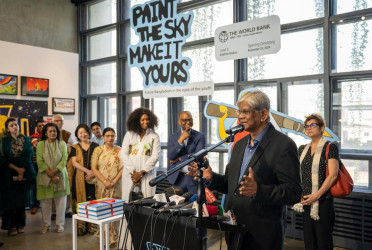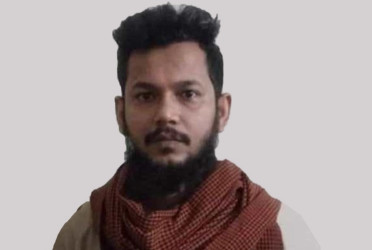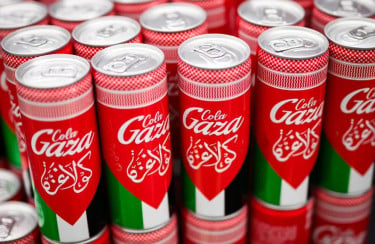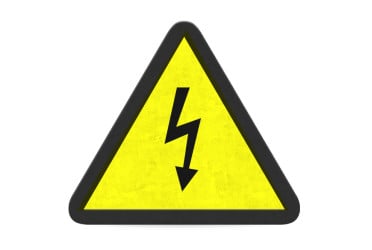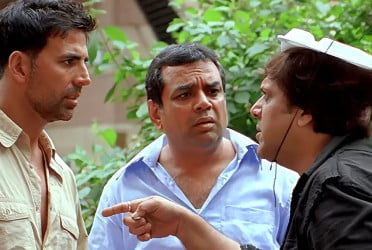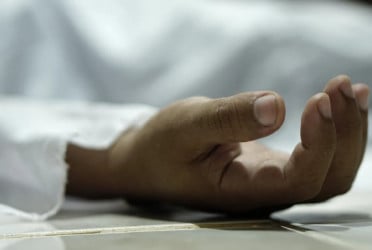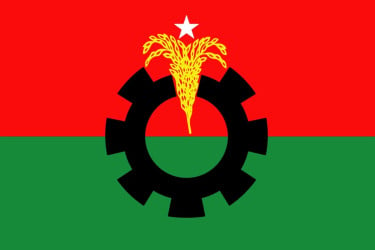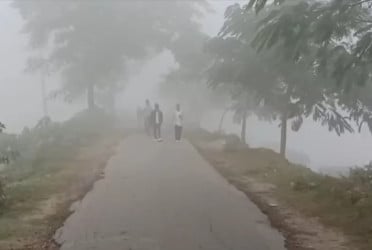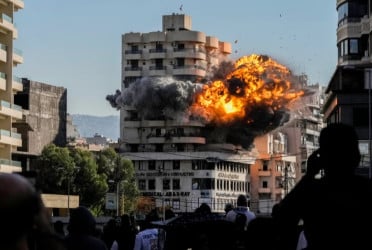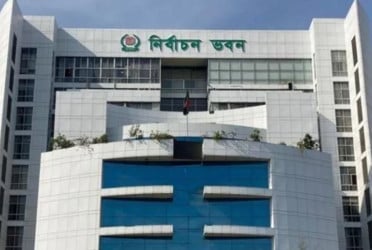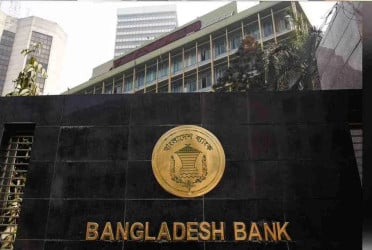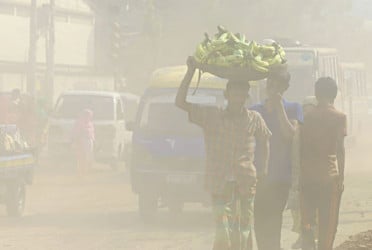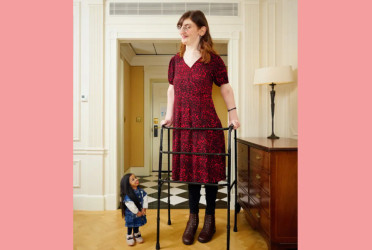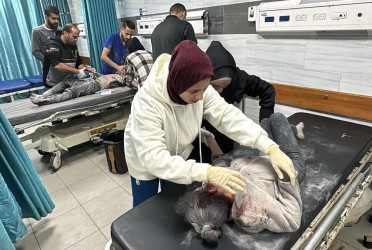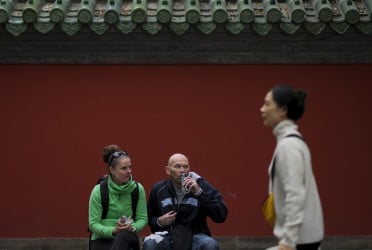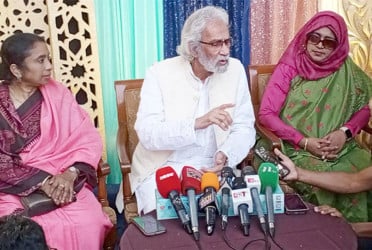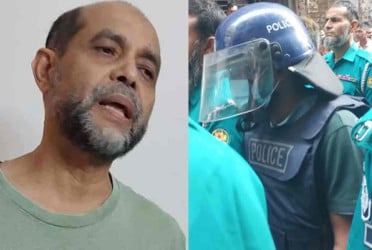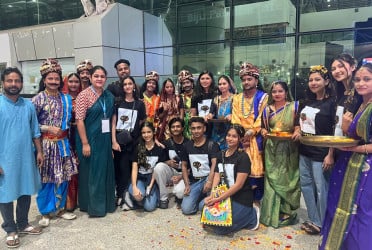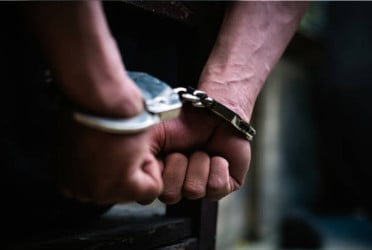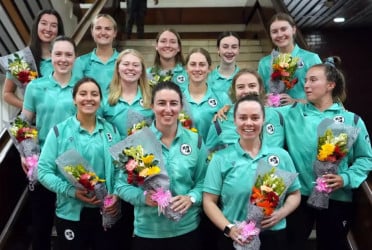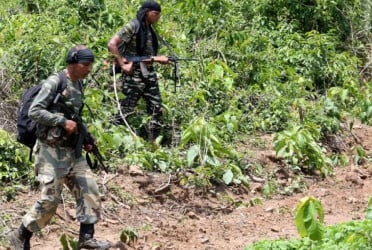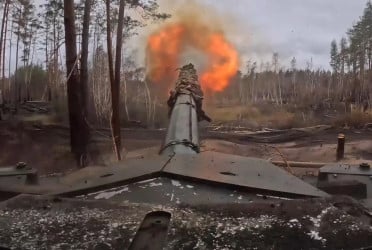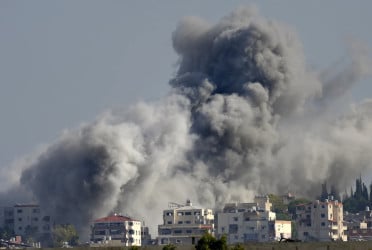Even though it has been 14 years since the BDR (now BGB) rebellion in Pilkhana of the city, the trial of the murder case has passed through two stages where one case has passed through the trial court and the High Court and is now pending in the Appellate Division, but the trial of another case under the Explosives Control Act is showing slow progress.
On February 25, 2009, the capital was suddenly shaken by the loud sound of bullets and bombs. On that day, some misguided members of the Bangladesh Rifles (BDR) headquarters in Pilkhana killed 74 people including 57 army officers.
After facing suffocating conditions for two consecutive days, the rebellion came under control on February 26. BDR was renamed Border Guard Bangladesh (BGB) after the Pilkhana rebellion. The logo and flag of the force were changed.
Among the two cases filed in connection with this rebellion, the trial of the murder case has passed through two stages. This case, the largest in the history of the country in terms of the number of accused and the death penalty, is now under trial in the Appellate Division awaiting the final decision through the trial court and the High Court.
However, the trial of another case under the Explosives Control Act is in progress. Even though 14 years have passed since the incident, the lower court has not yet resolved the case. Out of 1264 witnesses, 257 have completed their testimony so far. Lawyers for the state said that the case will come to the stage of judgment after the judicial proceedings this year.
On February 28, 2009, in the case of the Pilkhana massacre, the then police inspector Navjyoti Khisa filed two cases under the Explosive Substances Control Act and murder at the Lalbagh police station. The cases were later transferred to Newmarket police stations. The special judge's court set up at the Bakshibazar Alia Madrasa grounds in Old Dhaka passed the verdict on the murder case on November 5, 2013.
In that verdict, 152 people including former BDR DAD Touhid were sentenced to death and 160 people including former BNP MP Nasiruddin Ahmed Pintu (deceased), local Awami League leader Torab Ali were sentenced to life imprisonment and 256 were sentenced to various terms.
Apart from this, the judicial court acquitted 277 people as the charges were not proved. Out of 152 convicts sentenced to death, 14 are absconding.
Two accused including Torab Ali died in custody. On November 27, 2017, when an appeal was filed against the verdict in the murder case, the larger bench of the High Court upheld the death sentence order of 139 accused including DAD Touhid, one of the planners of the incident.
In this verdict, the High Court sentenced 185 people to life and 196 to various terms. 49 accused were acquitted. Later, on January 8, 2021, the High Court published a full judgment of 29, 059 pages (disposing of death references and appeals) with 11 point observations.
The verdict also highlights the context of the case, the circumstances surrounding the incident and the brutality. 48 appeal petitions on behalf of 203 defendants against that judgment of the High Court were filed in the relevant branch of the Appellate Division of the Supreme Court.
Meanwhile, two stages in the trial process of the murder case have been completed, but the Explosives Act case is still at the stage of taking evidence in the judicial court.
February 27 and 28 are scheduled for the next hearing in this case. The trial of this case is going on in the temporary bench of the Dhaka Metropolitan Sessions Judge Court established on the Alia Madrasa grounds.
Attorney General AM Amin Uddin told Bangladesh Pratidin, “139 people who have been sentenced to death have appealed. Apart from this, those sentenced to various terms including life have also appealed. The High Court reduced the death sentence of some accused to life imprisonment.”
“Challenging this issue, we have appealed. All will be heard together. It is hoped that this appeal hearing will begin this year. Maximum efforts will be made to uphold the sentence of the accused.”
“It will be tried in the regular Appellate Division Bench. We can request a court hearing. As a sensational case, this hearing can be done on priority basis,” he added.
Aminul Islam, a lawyer for the accused, told Bangladesh Pratidin, “After the High Court's verdict, a direct appeal has been filed on behalf of the death-sentenced accused and a leave-to-appeal has been filed on behalf of the other sentenced accused.”
“This case is the biggest case in the history of the country considering the number of accused and death sentence. It is necessary to form a special bench to hear such cases. I hope that the Chief Justice will take measures to resolve the case quickly,” he added.
Mosharraf Hossain Kajol, counsel for the state, asked about the explosives case told Bangladesh Pratidin, “As the place of occurrence, witness and accused were same, the charges were framed together in the two cases. However, at the request of the accused, the trial of both the cases is conducted separately.”
“Testimony of 257 people has been completed so far in the case. This lawyer expressed hope that the trial of the case will be completed this year,” he said.
Looking back:
On February 25, 2009, more than 2500 members including 97 army officers were present at the BDR Durbar Hall in Pilkhana. The then BDR Director General Major General Shakeel Ahmed gave a speech after the recitation of the Holy Quran that morning. At the end of his speech, there was a sudden explosion of gunshots and bombs.
After that many army officers including DG Shakeel Ahmed were killed there one by one. The misguided BDR members went on rampage for two days.
Later they surrendered on the call of the government. Some escaped secretly. Some of those who escaped later surrendered. 74 people including 57 army officers were killed in the Pilkhana tragedy.
Judged in own law also:
The BDR mutiny incident was also judged by the force's own law. 57 mutiny cases were tried in the army's own court.
A total of 11, 265 people were charged. Among them, 10, 973 people received various punishments. Among those sentenced, 8, 759 people were fired. The rest rejoined the service after the administrative punishment.
In the second stage, a special court was formed and 6, 046 soldiers were tried. In these cases, 5, 926 people were sentenced to imprisonment for various terms. All of them were fired. And 115 people who were acquitted later got their jobs back.
@ The article was published on print and online versions of The Bangladesh Pratidin on February 25, 2023 and has been rewritten in English by Tanvir Raihan.

